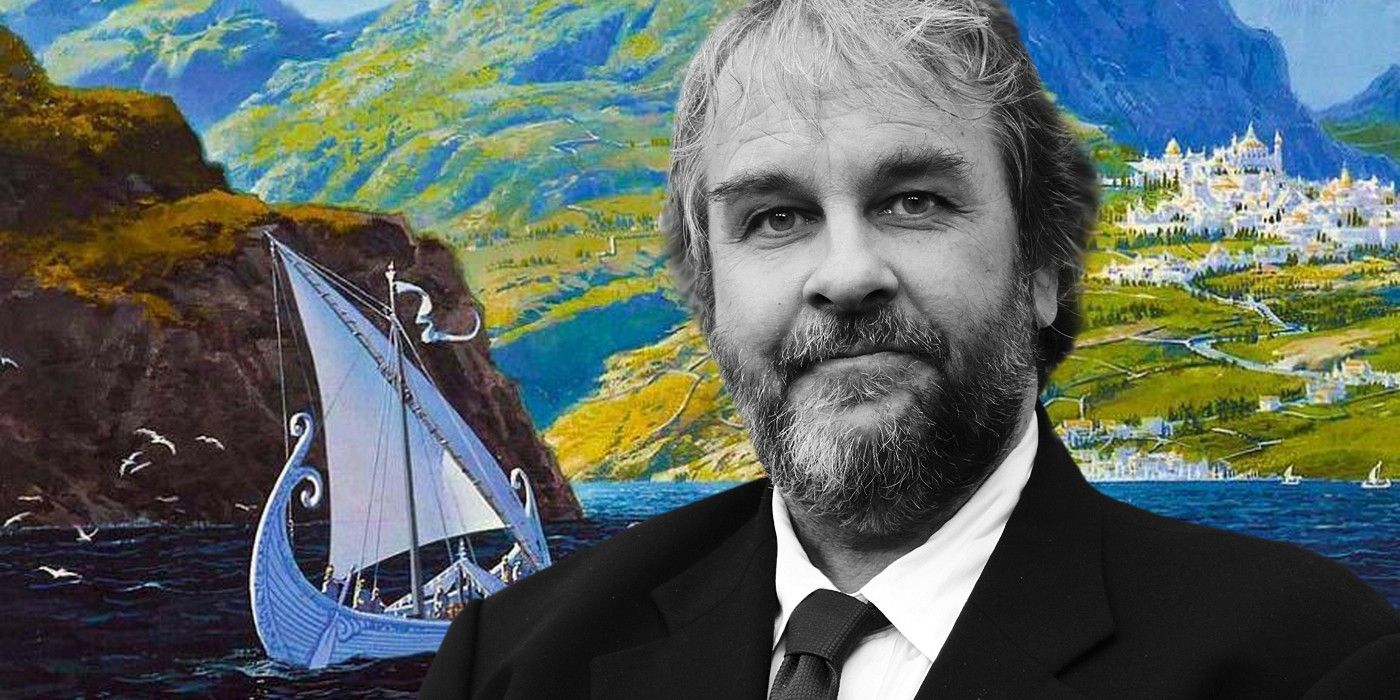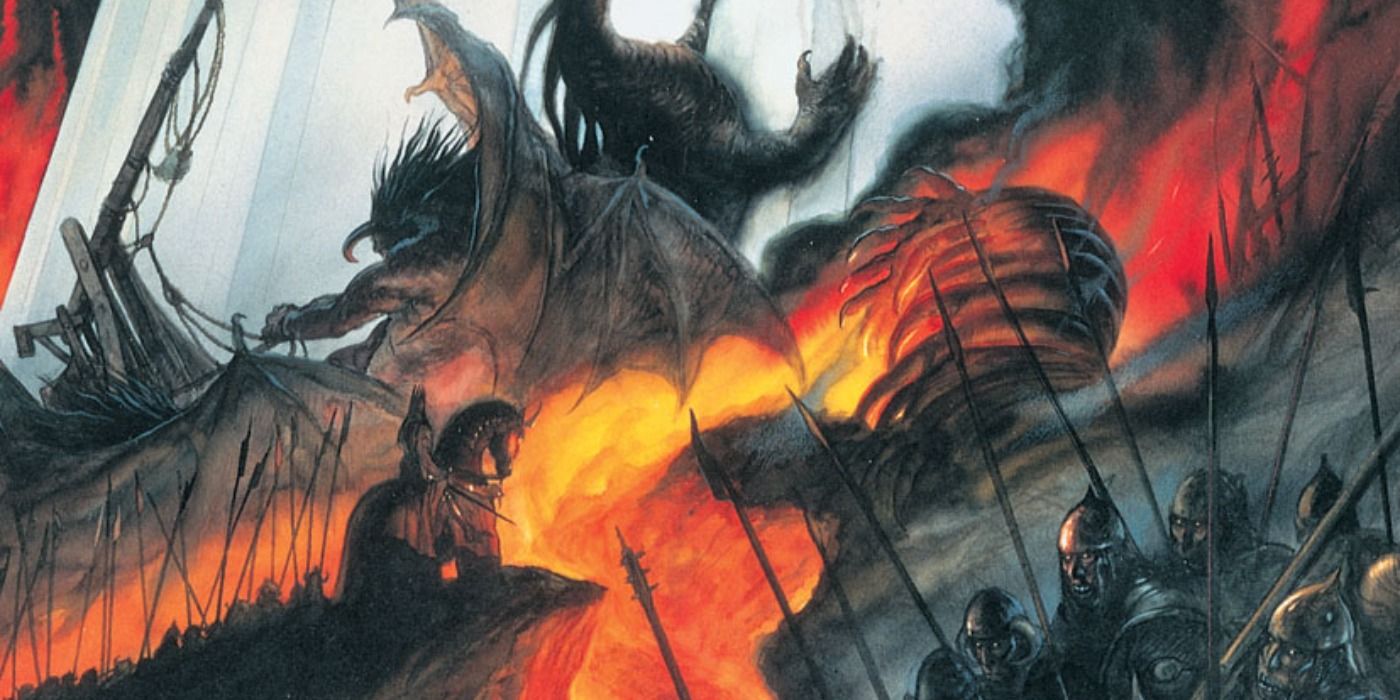Copyright issues prevented Peter Jackson from adapting J.R.R. Tolkien's The Silmarillion after the Lord of the Rings movie trilogy, but that could be a blessing in disguise. Beginning with The Fellowship of the Ring in 2001 and ending with The Battle of Five Armies in 2014, Peter Jackson was responsible for bringing Tolkien's two most famous works, The Lord of the Rings and The Hobbit, to life on the big screen. After all six movies achieved financial and critical success to varying degrees, it was only natural to ask whether Jackson would turn to the next most notable entry in Tolkien's Middle-earth canon, The Silmarillion. Fans have often speculated about a potential movie adaptation and Jackson himself has been asked about the possibility in numerous interviews. Whether Jackson, or indeed another filmmaker, would've adapted The Silmarillion is a moot point, however, since the rights to that book remained unavailable.
The legal history of The Lord of the Rings is far from simple, but the layout of the Tolkien estate essentially allowed movies to draw from the three Lord of the Rings volumes and The Hobbit due to a deal that was made during the author's lifetime. The rest of Tolkien's work, The Silmarillion included, fell to Christopher Tolkien, and J.R.R.'s son wasn't keen on Hollywood's treatment of Middle-earth, making a Silmarillion movie very unlikely. In more recent years, the Tolkien legal situation has eased, and an Amazon TV series set during the Second Age is currently in the works. The Silmarillion primarily takes place long before Amazon's project, but Tolkien's continued presence on screen means a movie of The Silmarillion still can't be ruled out, even in 2020.
But just because The Silmarillion could be turned into a feature-length film, that doesn't necessary mean it should be. The book offers a fascinating insight into Middle-earth's long history, adding context to the events of The Lord of the Rings and widening the lore in fascinating and organic ways. Arguably, there are events in The Silmarillion that eclipse anything in Tolkien's more famous books in terms of importance. However, The Silmarillion is not a conventional novel in the same style as The Hobbit or The Lord of the Rings. There is no central protagonist, while the narrative spans many eras of time and vast expanses of geography. Moreover, The Silmarillion reads more like a religious text or a history textbook (albeit an infinitely more interesting one) than a story with a clear beginning, middle and end. Telling the same sort of heroic tale movie fans are used to would be a tough ask from The Silmarillion's source material, as would constructing one complete start-to-finish narrative suitable for mainstream cinema.
Despite being inherently unsuitable for film, talk has persisted regarding a potential Silmarillion movie, and this is mostly because the book contains stories and moments that would look wondrous in live-action. The various battles against Morgoth, elves turning against their own kind, the backstory of Galadriel - all would fit nicely into a Peter Jackson Lord of the Rings prequel. Nevertheless, The Silmarillion still lacks the running thread of a conventional novel. In order to translate the book to the big screen, deep and fundamental alterations would be necessary to give the historical events some kind of cinematic cohesion. Considering how resistant Tolkien fans have previously been to such deviations, a live-action reinvention of The Silmarillion would be heavily scrutinized, which perhaps explains why Jackson has never shown serious interest.
While fitting The Silmarillion into a movie format feels like a near-impossible task (at least while remaining faithful to the original book) those hoping to see Fëanor's jewel obsession doom Middle-earth for generations in glorious live-action splendor may yet have their wish fulfilled. Although The Silmarillion would ill fit a movie, the book's structure could make excellent material for an anthology TV series. Each season would focus on a section of The Silmarillion's history. Characters could cross over and reappear across seasons, but the anthology format would facilitate the revolving cast and expansive timeline the book would require. Once upon a time, a Silmarillion anthology series would've seemed impossible, but should Amazon's Lord of the Rings series prove successful, there will undoubtedly be a demand for more big-budget Middle-earth adventures on TV. At that point, The Silmarillion might prove too tempting not to adapt.


